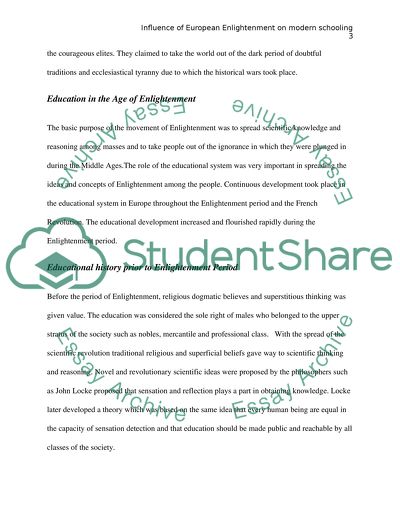Cite this document
(“Influence of European Enlightenment on modern schooling Essay”, n.d.)
Influence of European Enlightenment on modern schooling Essay. Retrieved from https://studentshare.org/education/1403747-knowledge-ideologies-and-curricula
Influence of European Enlightenment on modern schooling Essay. Retrieved from https://studentshare.org/education/1403747-knowledge-ideologies-and-curricula
(Influence of European Enlightenment on Modern Schooling Essay)
Influence of European Enlightenment on Modern Schooling Essay. https://studentshare.org/education/1403747-knowledge-ideologies-and-curricula.
Influence of European Enlightenment on Modern Schooling Essay. https://studentshare.org/education/1403747-knowledge-ideologies-and-curricula.
“Influence of European Enlightenment on Modern Schooling Essay”, n.d. https://studentshare.org/education/1403747-knowledge-ideologies-and-curricula.


